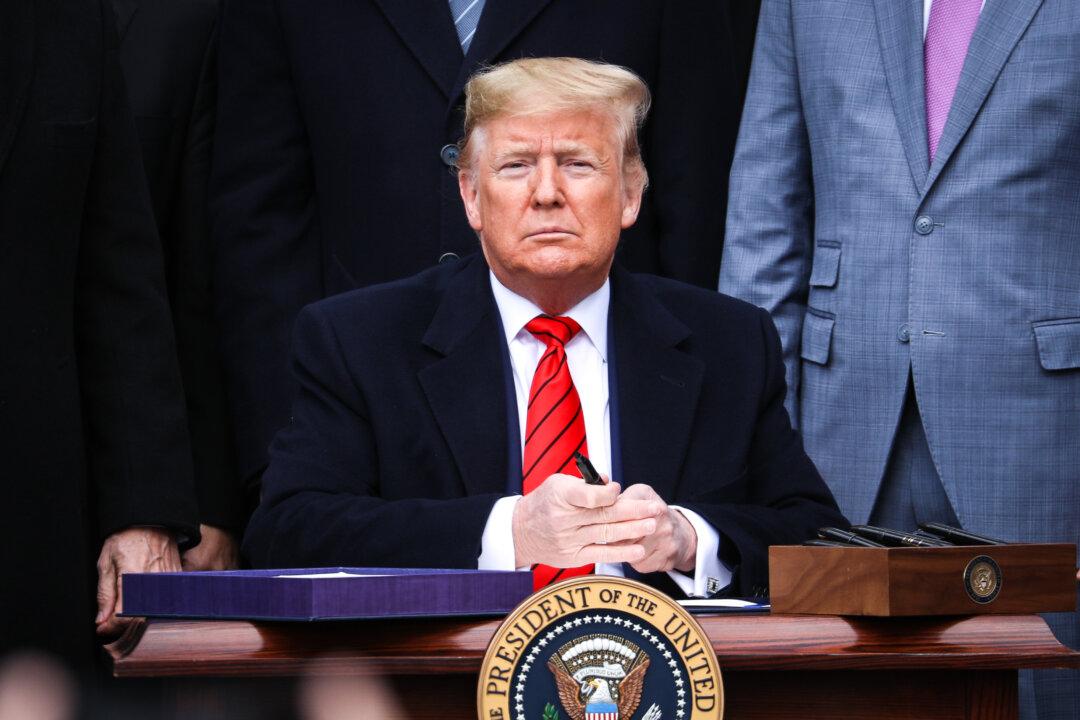Federal judges across the country have issued 54 nationwide injunctions against the Trump administration since President Donald Trump took office in 2017, according to the Justice Department (DOJ).
“Fifty-four nationwide injunctions have been issued against the Trump Administration since January 20, 2017,” the DOJ told The Epoch Times, citing department estimates. This is more than double the number of nationwide injunctions the previous administration had faced during its entire eight years. The proliferating practice of federal judges ruling beyond the scope of a particular case, in some orders known as nationwide injunctions, has been a longstanding cause for concern for the administration and several top members of the judiciary.




